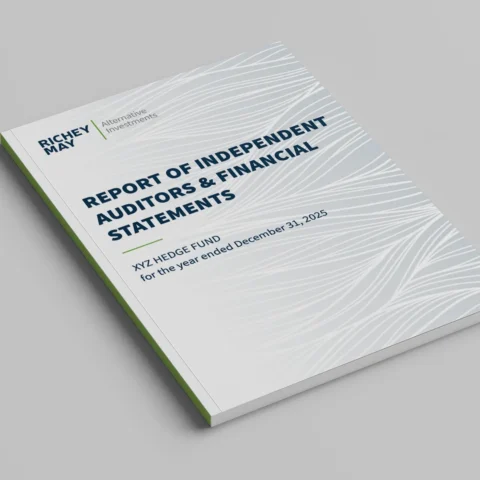It’s been five years since the IRS launched its SECA tax compliance campaign, but the pace of the campaign has quickened in recent months. Why the sudden acceleration? Two factors: 1) The Biden administration’s heightened focus on high-net-worth individuals and partnerships, and 2) a nearly $48 billion shot in the arm of IRS enforcement funding through the Inflation Reduction Act (IRA).
Why all the audit attention on limited partnerships? IRS scrutiny is squarely aimed at LPs and LLPs in asset management, financial services, private equity and hedge funds. The IRS argues that active participation in the partnership subjects limited partners to SECA taxes on annual allocations of partnership earnings — at the current self-employment tax rate of 15.3%. Its new stance reverses a decades-long position known as “the LP Exception,” which exempts LPs from SECA taxes under Internal Revenue Code Section 1402(a)(13).
Case in point: Soroban Capital Partners LP v. Commissioner. Opposition to the SECA campaign revolves largely around the language in the current statute, which stops short of defining “limited partner.” The relatively recent emergence of LLCs, LLPs and other pass-through types of state law entities further conflates the issue. And at least one pending case filed on February 7, 2023, has elevated it to U.S. Tax Court level. In Soroban Capital Partners LP v. Commissioner, a New York hedge fund manager asks the Tax Court to rule that current “LP Exception” language exempts limited partners from SECA taxes on annual allocations. The IRS counterargument holds that new entity types have complicated enforcement.
The upshot: More SECA campaign audits to come. So, is the writing on the wall for the SECA tax exemption? It’s hard to say. While the IRS launched its SECA campaign five years ago, no clear plan yet exists to address the issues that have bubbled up in the interim. In fact, a week prior to the Soroban case filing, an IRS executive stated that until the agency could provide more guidance on the LP Exception, it would keep conducting audits and proceed based on their outcomes.
Our advice: Button up and stay up on the SECA tax court case. The best way to manage audit risk is to button up how you present your business operations. You’ll also want to brush up on your regulatory and contractual obligations. Beyond that, keep an eye on the current SECA tax litigation. And keep in mind that the IRS has the authority to conduct an audit at any time, for any reason, announced or unannounced.
Talk to us. Richey May specializes in audit, tax, and accounting services for the alternative investments industry. If you need further guidance on how to address the SECA tax issue, reach out to Steve Vlasak, Business Development Partner, Alternative Investments Practice.





